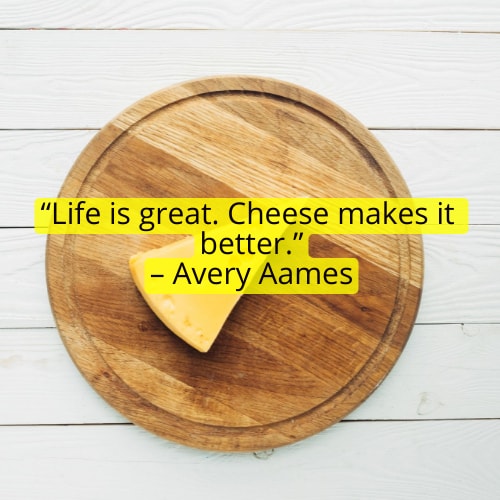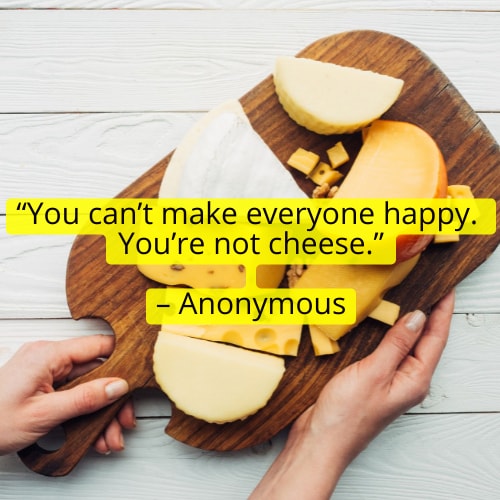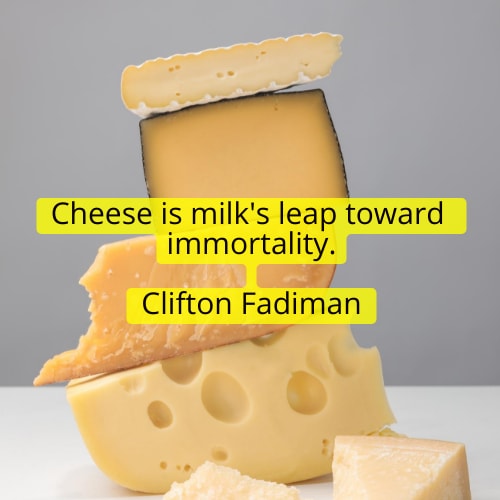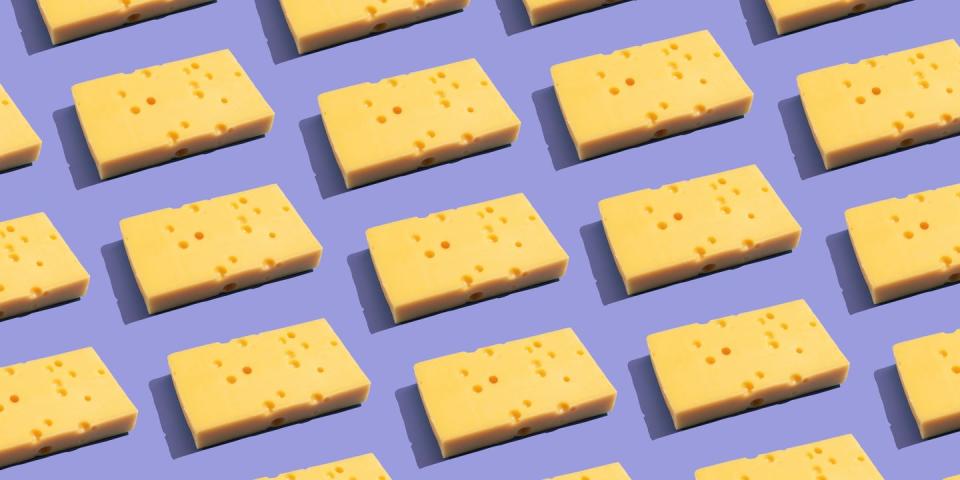Is cheese bad for you? An experts verdict
Is cheese bad for you? An experts verdictYulia Reznikov – Getty Images
Dairy is topical and pretty controversial these days, for many reasons; from the impact it has on the environment to how it effects our health. While some say cheese is good for our bones and teeth, others say that by eating it, we are setting ourselves up for a heart attack (due to its high fat content).
With cheese boards oh-so-tempting, it’s time we concluded once and for all: is cheese bad for you?
What are the nutritional benefits of cheese?
1. Calcium
Cheese, like other dairy products, is a good source of calcium: a 30g serving contains equivalent to that in a glass of semi-skimmed milk. Which matters, why? Well, here’s the thing, we actually don’t reach our peak bone mass until we’re in our late 20’s or even 30 years of age – and calcium plays a key role in helping us achieve that.
But the body’s calcium requirements don’t end there; post-menopausal women, in particular, need to keep their stores topped up because the oestrogen drop that occurs during the menopause can increase bone loss and the risk of osteoporosis.
FYI: Accompany calcium-rich foods with ones high in vitamin D; absorption of calcium depends on vitamin D.
2. Protein
Protein is a crucial component of every cell in the body: it is used to build and repair muscles, cartilage, ligaments, skin, hair and lots of other tissues, as well as making important enzymes, hormones, and antibodies, or defence cells, for our immune system. One 30g wedge of Cheddar, for example, contains around 7-8g of protein – the same amount as in an egg – making it an important source of protein, particularly for vegetarians who don’t eat meat or fish.
3. Vitamin B12
Cheese is a good source of vitamin B12, a vitamin which is exclusively obtained from animal products (meat, fish, eggs, and dairy). Interestingly, despite meat and eggs containing more vitamin B12 than dairy does, studies have shown that the body absorbs it better from milk…
..



